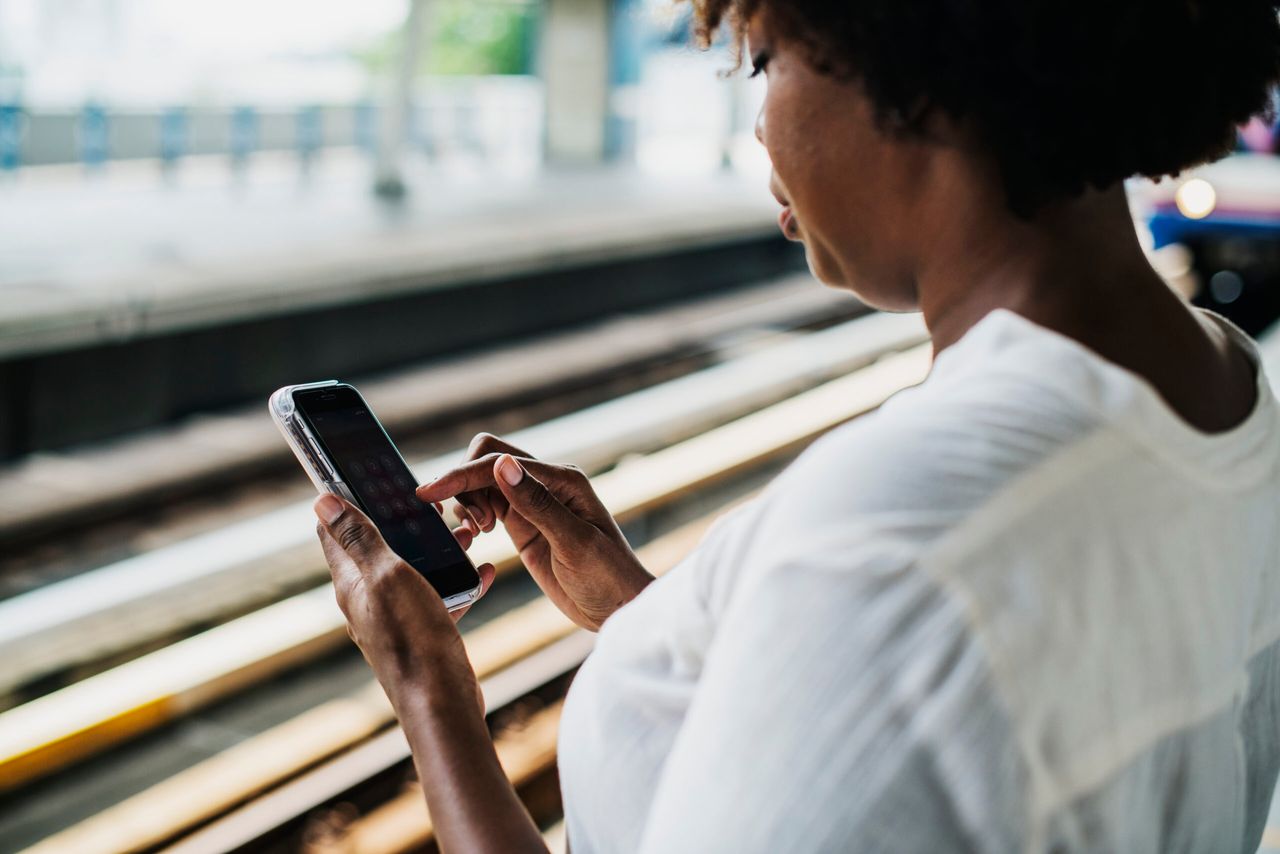The media industry must do more to ensure it reflects the world it serves. That means being more inclusive from within, as well as supporting movements such as Black Lives Matter and producing content that speaks to diverse audiences.
That was the message from the virtual roundtable, hosted by Permutive on ‘Advertiser boycotts, what do they mean for publishers and inclusivity?’
Aarti Suri, Permutive senior customer success manager moderated a discussion with panelists: Ayomide Magbagbeola, Future plc agency account executive, Jerry Daykin, GSK media director for EMEA and Adib Razzaq (Raz), digital sales director for ESI Media. The group agreed that there was a responsibility to do more, more of the time, both internally and externally.
We all need to have a voice, all of the time
Magbagbeola urged companies to stage more events and create networks and initiatives, such as cultural awareness training. They should celebrate all important cultural occasions, not just Christmas or Easter. She said that often minorities are given just a day or a month when the rest of the world gives them attention, – such as Black History Month or Pride celebrations.
“It is important that we all have a voice and are able to share all the time, not just for one month of the year,” she added.
Companies should create opportunities
Creating a more diverse workforce means that companies should look for or create opportunities from school to the C-Suite. It also makes business sense: the recent McGregor Smith review estimated that if black and ethnic minority talent was fully utilised the UK economy would see a £24bn boost.
Said Daykin: “If you’re in a position to be leading a business I would ask two questions: what are we doing to make sure people want to come to my business and industry, and what am I doing to make sure that they have as good a chance, or better, to progress as the established folks who are there.”
Daykin said that he had benefited from the unconscious bias that saw white, educated males further their career faster. And when interviewing candidates for a recent role was aware to check any unconscious biases he may have held.
He cited some great initiatives, such as the Brixton Finishing School, an organisation that helps under-represented groups in the creative industries with education, experience and mentorship, adding: “It’s really painful to hear that 31% of people on their courses think that their race is going to stop them from being able to progress in advertising.”
Overt, covert or unintentionally offensive?
Raz feels that having quotas and targets for diversity runs the risk of being reductive. “Hire based on merit,” he urged. “If you do so then you are colourblind, to use a cliche, but essentially you’re looking at the ability of a person to achieve a task, regardless of ethnicity or which university you went to.”
He believed that a culture of openness and debate will help everyone from every background: “We should allow people to ask questions without the fear of being castigated for not knowing the correct terminology to use, for example, or understanding the intricacies of a particular group.”
Magbagbeola said that education was still needed. There is a perception, she said, that the UK was less racist than America and thus less of a problem. “But in the UK [racism] is very, very covert, so it’s about understanding microaggressions, what and where they are, and just having open communication.”
The one big difference would be collaboration, she said – from within the industry and without.
The advertiser boycott is just the start of industry change
It is also incumbent on all players to collaborate, educate and push back in order to drive the inclusivity agenda all of the time and in all places. For instance, 500 leading advertisers paused spend on Facebook following hate speech and content arising after the death of George Floyd.
They pledged to stop advertising on the platform for the month of July to stand in solidarity against racism and force Facebook to address some of the issues around how misinformation and hate speech are handled on the platform.
Raz said: “Rather than a boycott, this has got to be a strategy. It has to be a way in which we buy our media and build that into the day-to-day, rather than a month-long initiative.”
Daykin said that the boycott highlighted growing advertiser concerns, with many already “wary about the digital supply chain and the value of different types of content”. He brought attention to opaqueness in the advertising industry mentioning that there is a need to address “the bigger picture, it is about where all of our money goes.”
It’s time to walk the talk
Daykin called on publishers to give advertisers an easy alternative to reach niche and inclusive audiences, advertisers to put their money where their mouths are by supporting such initiatives and for agencies to move beyond blunt metrics and commoditised buying strategies. All agreed that ‘inclusive private marketplaces’ such as those introduced by Havas and Mindshare were a step in the right direction.
“This has really got a lot of advertisers thinking about the fact that their advertising dollars quite literally fund the internet. It’s an investment in your brands, but it’s an investment in the internet as well,” concluded Daykin.
Blog
Inclusivity inside and out – why the industry must do more, more of the time
August 07, 2020 4 min read
-

Aarti Suri, Senior Customer Success Manager at Permutive





